Convenient but with many hidden dangers
Walking around schools, industrial parks, and hospital gates in Ho Chi Minh City, it is easy to see street vendors and carts selling all kinds of ready-made food and drinks. Many food trucks only use a few plastic sheets to cover them; some even leave them uncovered, regardless of the exhaust fumes, dust, flies, etc. Many people carelessly sit on the mouth of manholes, next to piles of garbage, and then scoop up food and drinks to sell to customers.
Despite knowing that food safety is not guaranteed, many customers, most of whom are workers, jostle to buy and eat to make it on time for work. Mr. Nguyen Hung Cuong, an employee of PouYuen Vietnam Co., Ltd. (Binh Tan District, Ho Chi Minh City) shared: "Even though I know the food is not safe, I have to turn a blind eye and let it go. I eat to make it on time for work."
According to statistics from the Hanoi Department of Health , the city currently has more than 76,800 food production and trading establishments, including about 10,000 street food establishments.
In Ho Chi Minh City, according to the Food Safety Management Board, there are more than 13,500 street food businesses in the area with about 15,850 people participating in the business. Regarding the current situation of street food, Ms. Pham Khanh Phong Lan, Head of the Food Safety Management Board of Ho Chi Minh City, said that due to its convenience and low price, street food always attracts many consumers. However, besides the above advantages, there are unpredictable dangers to consumers' health.
“Through inspection and supervision, it is shown that in many places, compliance with food safety regulations and the sense of responsibility of street food business owners is not high. Food safety management faces many difficulties, especially the inspection and punishment of violations by street food business owners is not easy. When there is an inspection force, they strictly implement the regulations, but when the functional force leaves, the violations recur,” said Ms. Pham Khanh Phong Lan.
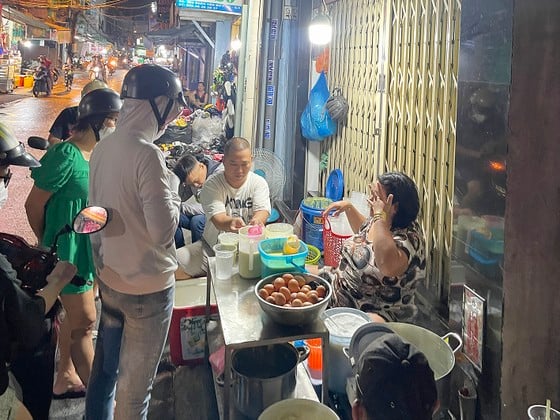 |
| A street food stall on Doan Van Bo Street, District 4, HCMC. Photo: HOANG HUNG |
Sharing the same view, Associate Professor, Dr. Nguyen Thi Lam, former Deputy Director of the National Institute of Nutrition, said that the risk of street food causing harm to consumers' health is very high, because if it is processed with foods of unknown origin, not preserved and processed according to food safety and hygiene standards, it can easily cause food poisoning. In the long term, consuming unsafe foods will affect the body's metabolism, easily causing cardiovascular diseases, diabetes, and obesity.
On September 15, the Ministry of Health Inspectorate decided to fine Viet My Trading Company Limited ( Nam Dinh province) 24 million VND for administrative violations in the field of food safety.
The Food Safety Department (Ministry of Health) has just issued an official dispatch requesting the Quang Nam Provincial Department of Health to temporarily suspend the operations of Phuong Bread . Detect and strictly handle violations (if any).
More than 3,600 food service establishments in Da Nang city have been equipped with QR codes to trace the origin of food and update their locations on the city's food safety map so that consumers and tourists can know and choose.
Lack of synchronization in management
According to regulations of the Ministry of Health, food traders must ensure 10 food hygiene and safety standards including: enough clean water, having tools to pick up cooked food, not mixing cooked and raw food; food processing areas must be clean, separate from sources of pollution such as sewers, waste, sanitation facilities, places where livestock and poultry are sold; food processing service providers must be trained and have regular health check-ups; employees must wear aprons, masks, and hats when selling; do not use additives and food coloring; food must be displayed on shelves higher than 60cm, displayed in glass cabinets and packaged hygienically; have tools to contain waste... These are the regulations, but most street vendors, carts, and sidewalk eateries today do not meet the above standards.
Mr. Nguyen Hung Long, Deputy Director of the Department of Food Safety (Ministry of Health), said that every year, about 1,000 cases of food poisoning occur nationwide, most of which are caused by the use of food contaminated with harmful bacteria. Bacteria such as E.coli, cholera, typhoid... circulate and exist in many different environments and street food is considered the most dangerous bacteria hotbed. To ensure food safety with street food, the supervision role of the people is very necessary, because the management agency cannot detect everything. For street food traders, they must proactively improve their responsibility in ensuring food safety for the health of the community. Each person needs to equip themselves with knowledge about food safety, limit eating on the sidewalk, in public places and promptly notify the management agency about restaurants that do not comply with food safety conditions.
According to Ms. Pham Khanh Phong Lan, currently, food poisoning cases caused by street food are mainly cheap food, serving workers and low-income people. That is why many spontaneous markets still exist. It is necessary to have a stabilization policy to bring more goods at stable prices to workers, students and low-income people.
"We will prevent dirty food and regularly inspect street food businesses. But if there is only state management agencies, it is not enough. What is important is the awareness of the people and business people," Ms. Pham Khanh Phong Lan emphasized.
According to Clause 7, Article 1 of Decree 124/2021/ND-CP (amending and supplementing Article 16 of Decree 115/2018/ND-CP), a fine of VND 500,000 - 1 million shall be imposed on individuals who violate the law on safety conditions in street food business such as: no tables, cabinets, shelves, equipment, tools; food is not covered to prevent dust, insects, and harmful animals from entering; not using gloves when in direct contact with cooked food.
Fines of 1-3 million VND shall be imposed for one of the following acts: the person directly processing food is suffering from cholera, dysentery, typhoid, hepatitis A, E, infectious dermatitis, tuberculosis, acute diarrhea; using food additives that do not comply with legal regulations to process food; using unsanitary water to process food and cleaning equipment and utensils used for processing and eating.
Source


![[Photo] Panorama of the cable-stayed bridge, the final bottleneck of the Ben Luc-Long Thanh expressway](https://vphoto.vietnam.vn/thumb/1200x675/vietnam/resource/IMAGE/2025/9/30/391fdf21025541d6b2f092e49a17243f)
![[Photo] President Luong Cuong receives President of the Cuban National Assembly Esteban Lazo Hernandez](https://vphoto.vietnam.vn/thumb/1200x675/vietnam/resource/IMAGE/2025/9/30/4d38932911c24f6ea1936252bd5427fa)
![[Photo] Solemn opening of the 12th Military Party Congress for the 2025-2030 term](https://vphoto.vietnam.vn/thumb/1200x675/vietnam/resource/IMAGE/2025/9/30/2cd383b3130d41a1a4b5ace0d5eb989d)
![[Photo] General Secretary To Lam, Secretary of the Central Military Commission attends the 12th Party Congress of the Army](https://vphoto.vietnam.vn/thumb/1200x675/vietnam/resource/IMAGE/2025/9/30/9b63aaa37ddb472ead84e3870a8ae825)

![[Photo] The 1st Congress of Phu Tho Provincial Party Committee, term 2025-2030](https://vphoto.vietnam.vn/thumb/1200x675/vietnam/resource/IMAGE/2025/9/30/1507da06216649bba8a1ce6251816820)




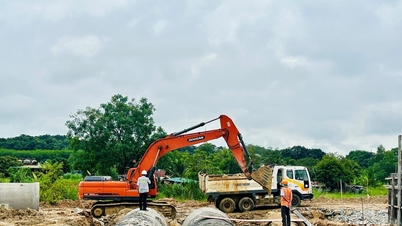

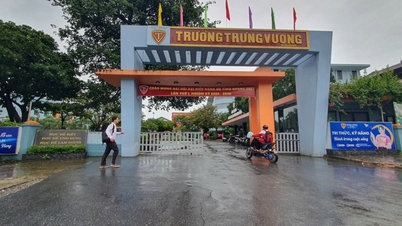



































































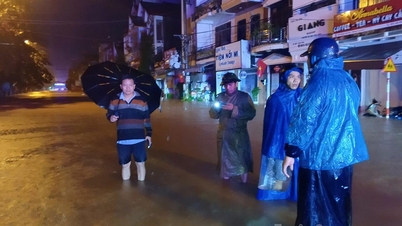



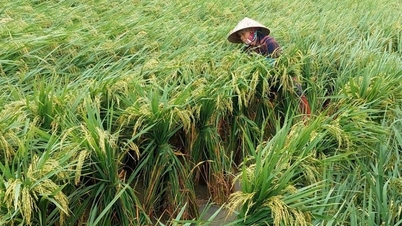
















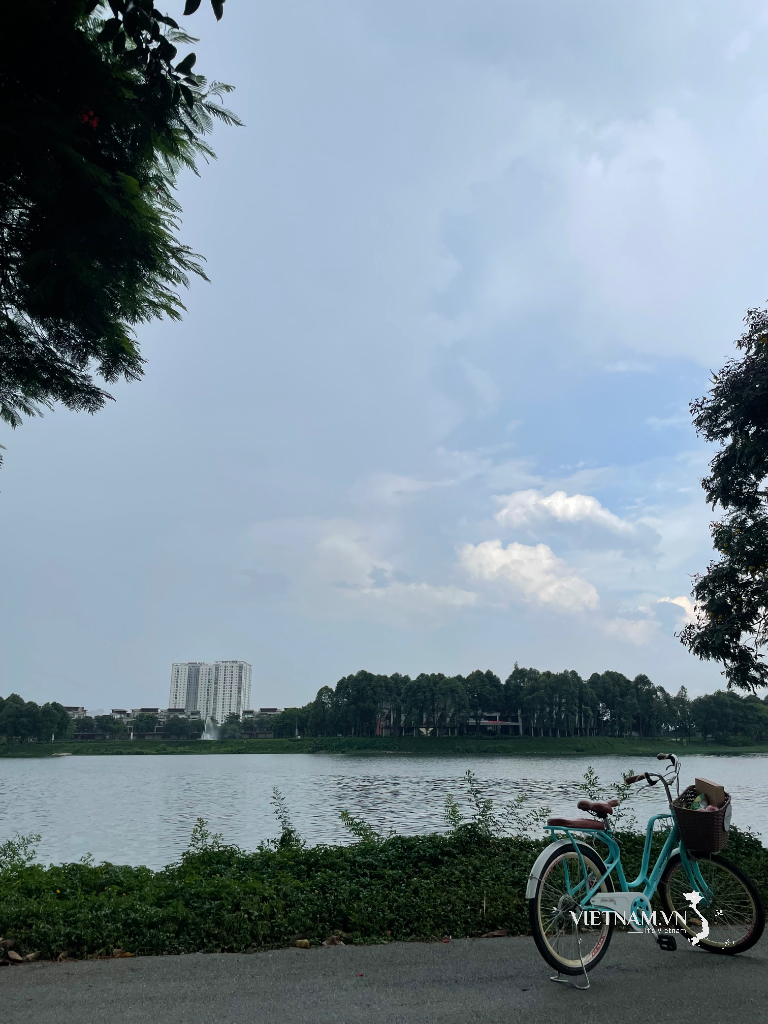

Comment (0)